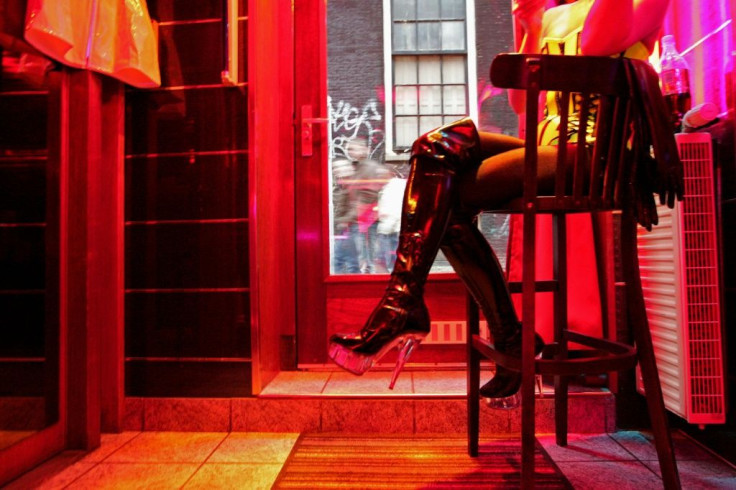Dutch To Raise Legal Age For Prostitutes To 21

The Dutch government said Tuesday it is eyeing new laws to regulate prostitution including banning sex workers aged under 21 and handing out permits.
The reforms come as the Netherlands works to improve living conditions for sex workers and combat human trafficking, a statement said.
The Netherlands legalised prostitution in 2000 but concerns have grown about the unchecked growth of the industry.
"A new legally required permit will soon be introduced for all prostitutes and those in the sex-worker industry to regulate it and combat human trafficking," the government said.
Those without permits would be breaking the law -- including clients who make use of illegal prostitution.
Pimping, transporting and acting as a body guard to sexworkers who don't have a permit will also be illegal.
Around 7,000 people work in the paid-sex sector in Amsterdam alone where the country's best-known red light area is situated.
About 75 percent of its sex workers come from low-income countries, particularly eastern Europe, according to official figures.
In the Netherlands, sex workers have to register with the local chamber of commerce and pay income tax.
But Dutch authorities have become increasingly concerned about the spread of the industry, particularly with the advent of social media and the internet, which some sex workers use to canvas clients.
"Currently there is not enough oversight of non-licensed companies, the escort industry and independently operating prostitutes, which means abuses can happen," the government said.
Some 12 to 18 municipalities will be able to hand out permits, with each one documented in a national register.
Sex workers themselves will not be bound to specific areas once issued with a permit.
© Copyright AFP 2024. All rights reserved.





















